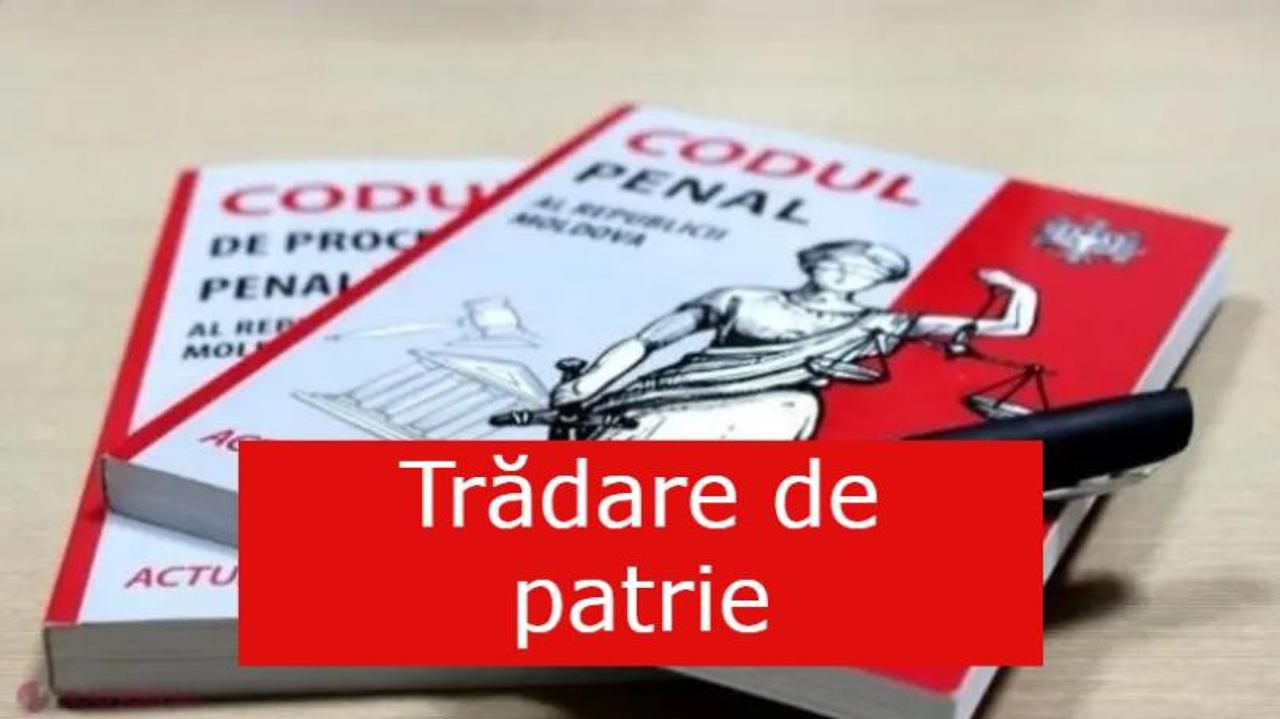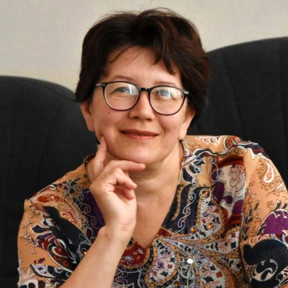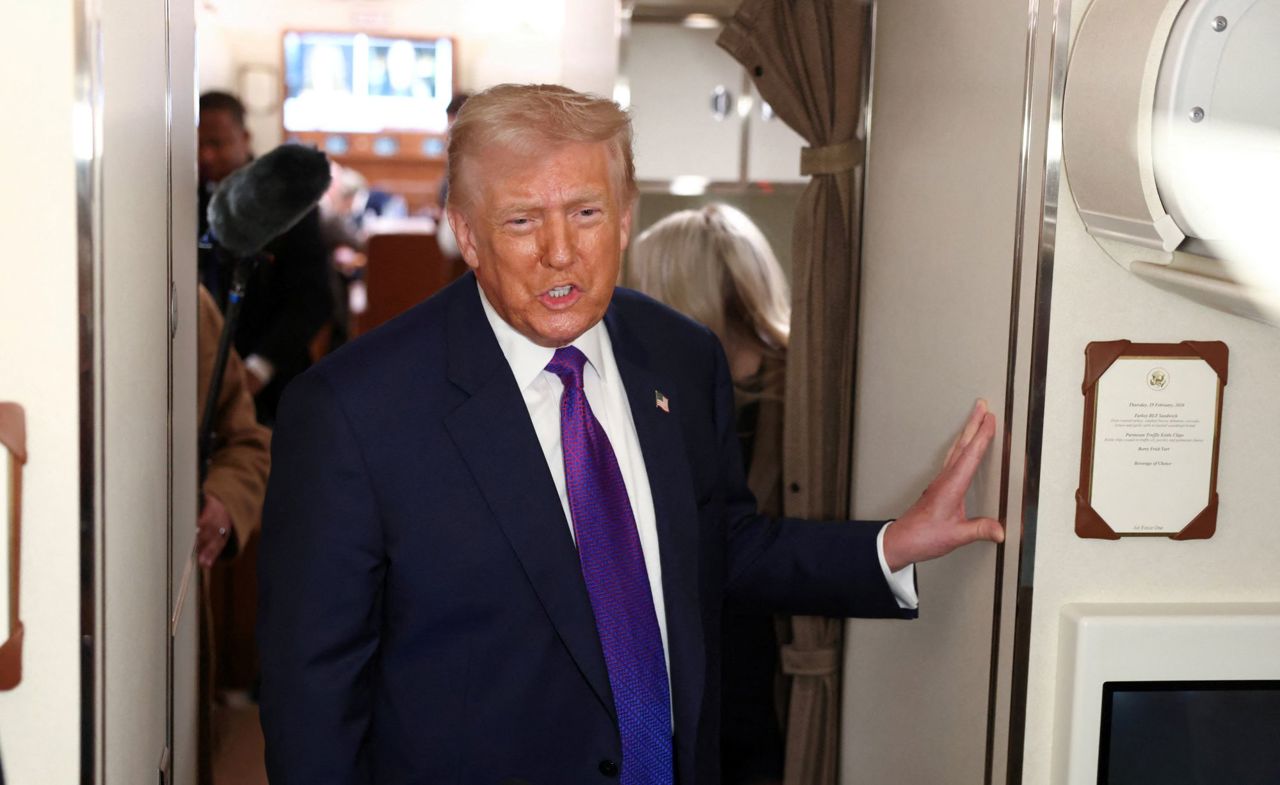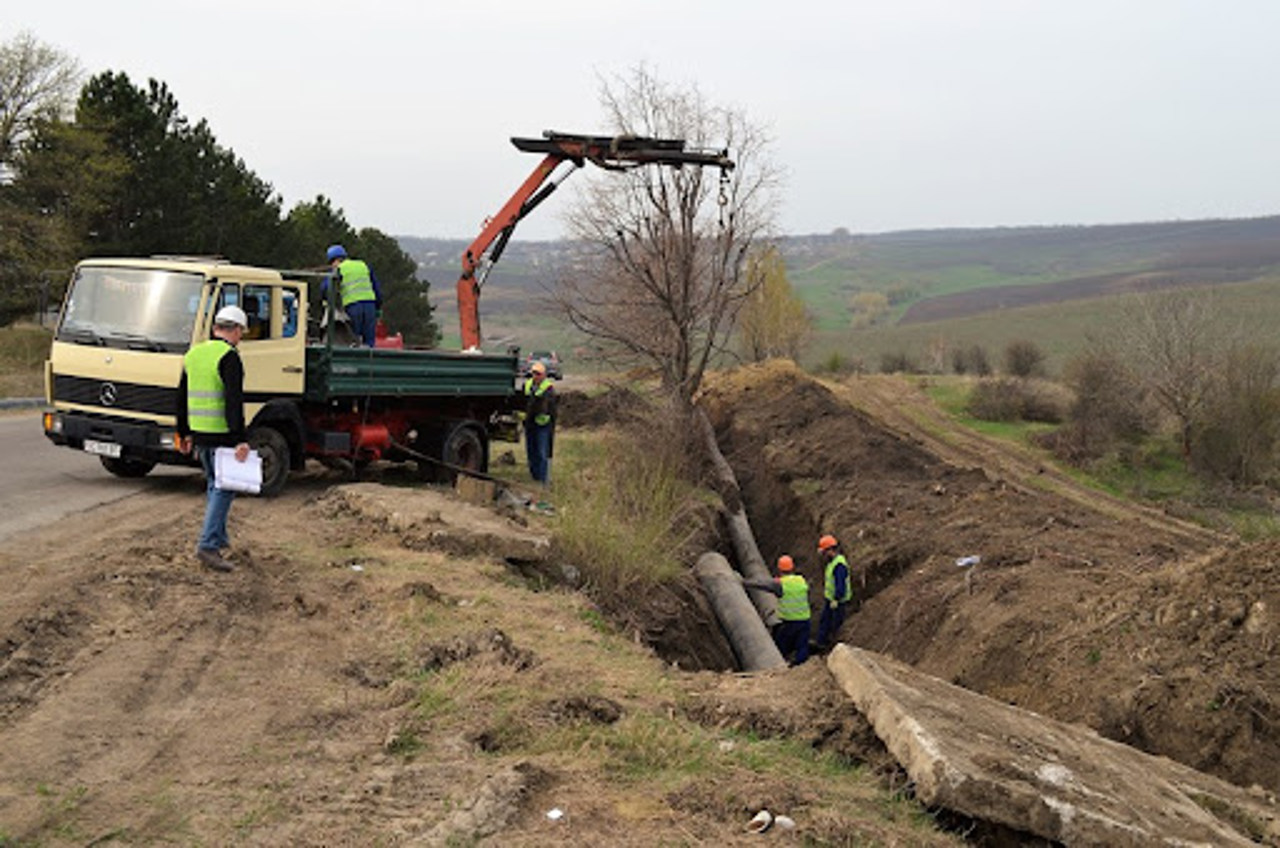Moldova debates redefining treason amid political controversy
To combat electoral corruption, the concept of treason must be redefined, among other measures. This proposal emerged after accusations that, during the presidential campaign, certain actions were taken in favour of another state to achieve a specific electoral outcome.

This statement was made by Lilian Carp, PAS deputy and Chair of the National Security, Defense, and Public Order Committee, during the Bună seara (Good evening) program aired on Moldova 1. The proposal, however, faced criticism from BCS deputy Radu Mudreac, while former Constitutional Court President Alexandru Tănase called it a dangerous idea.
Lilian Carp clarified that the amendments would be introduced after public debates involving civil society. “These amendments will target those who betray the country. Over the past 30 years, the definition of treason has been gradually eroded. Successive traitors in government have weakened this definition, dismantled the mechanisms enabling institutions to act, leaving the state powerless to confront those working against its interests. Those who act in the interest of foreign states to destabilise Moldova, and for whom evidence shows they accepted payment to do so, must face the law,” Carp stated.
In response, Mudreac warned that redefining treason could lead to labelling all dissenters as traitors. He questioned whether recent budget adjustments for law enforcement were designed to target political opponents of the governing PAS party.
Tănase cautioned that such legislation could backfire, especially if a future government uses it to prosecute critics under the guise of treason. He emphasised the need for prudence, citing examples of repressive systems leading to unintended consequences.
The Criminal Code already defines treason as actions undermining Moldova’s sovereignty or security in favour of foreign entities, punishable by 12 to 20 years in prison. Notable cases, such as those involving Iurie Bolboceanu and Igor Dodon, highlight ongoing debates over what constitutes treason in Moldova’s political landscape.
Translation by Iurie Tataru






